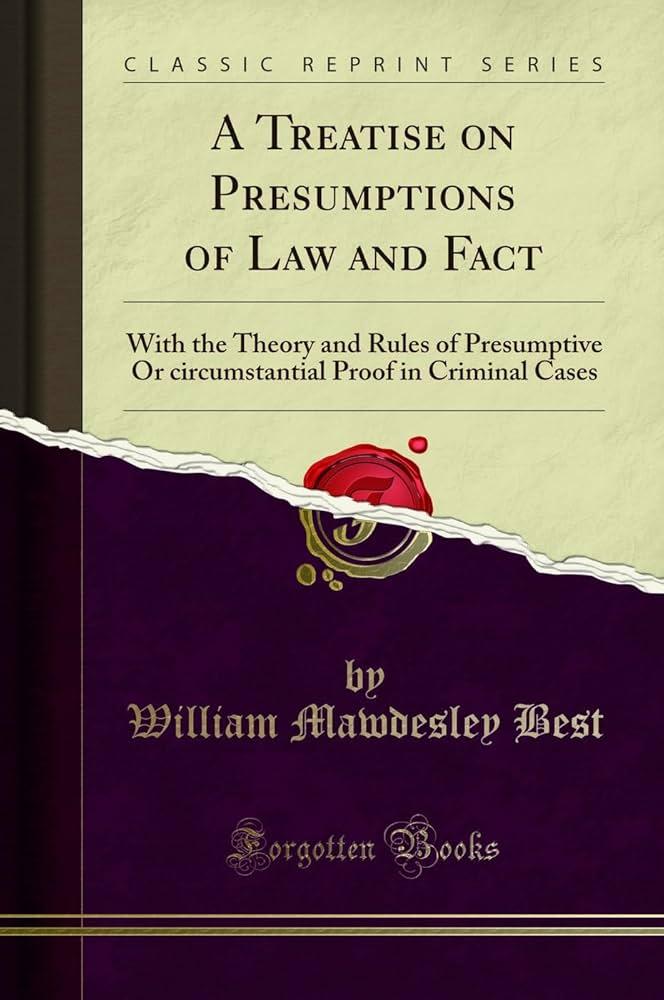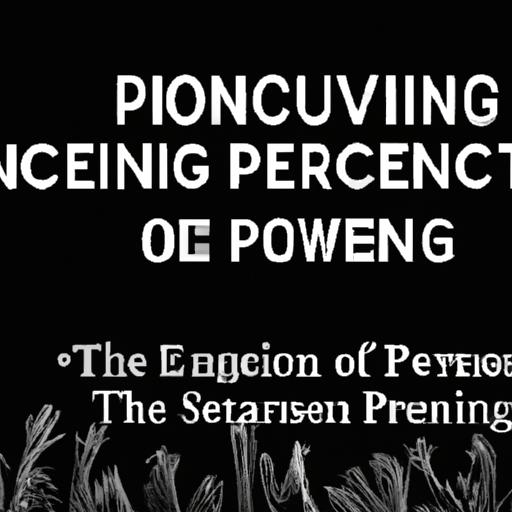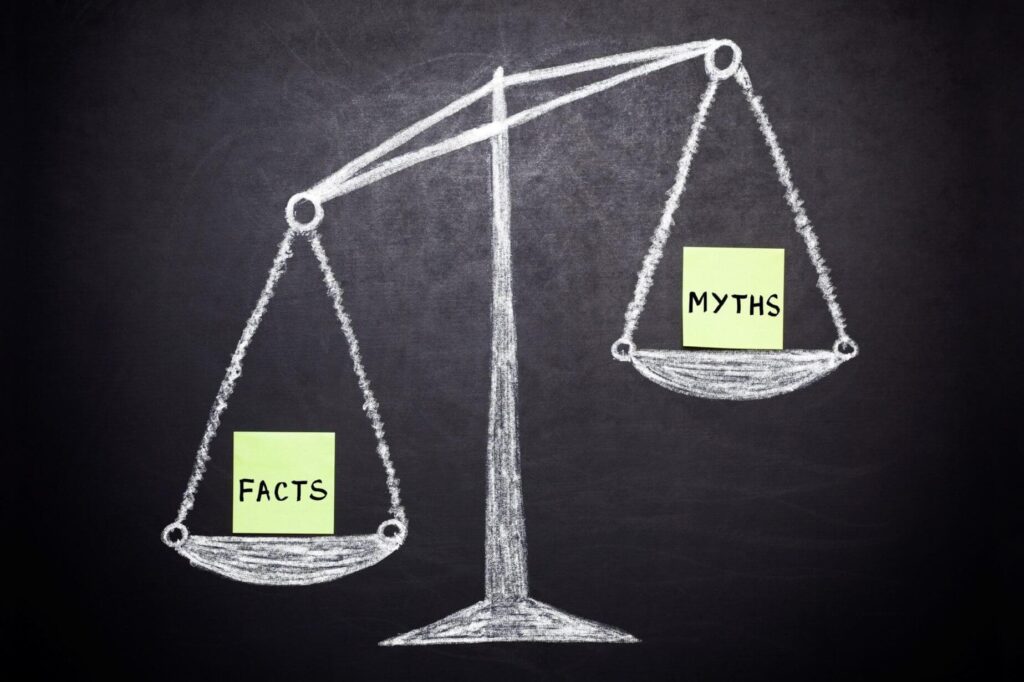Expose the 12 Presumptions of Law—And Win Every Time.

expose the 12 Presumptions of Law—And Win Every Time
The legal landscape can frequently enough feel overwhelming, filled with jargon and complexities that make it challenging to navigate. However, one critical aspect that can empower individuals within this system is understanding the 12 presumptions of law. This article aims to break down each presumption clearly, enabling you to leverage this knowlege and strengthen your position in legal matters.
What Are the Presumptions of Law?
Presumptions of law are assumptions that are taken to be true until they are disproven. They serve as a foundation for legal argumentation and can influence the outcome of many cases.Understanding these presumptions can arm you with the necessary tools to advocate for yourself effectively.
The 12 Presumptions of Law
| No. | Presumption | Description |
|---|---|---|
| 1 | Presumption of Innocence | Every person is presumed innocent until proven guilty. |
| 2 | Presumption of Legitimacy | children born during a marriage are presumed to be legitimate. |
| 3 | Presumption of Continuity | Actions or situations are presumed to continue over time. |
| 4 | Presumption of Due Care | Individuals are assumed to act with reasonable care unless proven or else. |
| 5 | Presumption of Trust | Parties in a fiduciary relationship are assumed to act in the best interest of others. |
| 6 | Presumption of Validity | legal documents and statutes are presumed valid until challenged. |
| 7 | Presumption of consent | Individuals are presumed to consent to the laws of the land. |
| 8 | presumption of Non-Malice | People are presumed to act without malicious intent unless proven otherwise. |
| 9 | Presumption of Reasonable Belief | Individuals are presumed to have a reasonable basis for thier beliefs. |
| 10 | Presumption of Fairnessn | Legal proceedings are presumed to be fair unless shown not to be. |
| 11 | Presumption of Compliance | People are presumed to comply with the law. |
| 12 | Presumption of Knowledge | Persons are presumed to know the law. |
Benefits of Understanding These Presumptions
Understanding the presumptions of law has several advantages:
- Empowerment: Knowledge is power; knowing these presumptions can significantly enhance your legal strategy.
- Proactive Legal Strategy: Anticipate how presumptions may impact your case and plan accordingly.
- Improved Argumentation: Use these presumptions to bolster your arguments in legal proceedings.
Practical Tips to Leverage Legal Presumptions
Here are a few practical tips for utilizing the presumptions of law effectively:
- Research Thoroughly: Familiarize yourself with the relevant laws and presumptions that apply to your case.
- Consult legal Experts: Whenever possible, consult with a legal professional to better understand how to apply these presumptions.
- Document everything: Keep detailed records and documentation to help counter any presumptions that may not favor you.
- Challenge Incorrect Presumptions: be prepared to challenge any incorrect presumptions in court, as they can be pivotal in your legal strategy.
Case Studies: Presumptions in Action
Consider the following case examples to illustrate the impact of presumption in law:
Case Study 1: Criminal Defense
In a criminal case where the defendant was accused of theft, the defense effectively utilized the presumption of innocence.By presenting credible evidence that suggested reasonable doubt, the jury was swayed, resulting in a not guilty verdict.
Case Study 2: Family Law
In a custody dispute, the presumption of legitimacy came into play. The court automatically presumed the child was legitimate and thus considered both parents in favor without question,significantly influencing the custody verdict.
My Personal Experience with Presumptions
As someone who has navigated the legal system, I can attest to the power of understanding these presumptions. In my own family law case, I was able to leverage the presumption of continuity in a custody arrangement, successfully arguing that the child's established routine should not be disrupted, which significantly influenced the judge's decision.
Conclusion
Understanding the 12 presumptions of law is not just an academic exercise—it can be a game changer in your legal strategy. By arming yourself with this knowledge and applying it effectively, you can enhance your position in court and advocate for your rights successfully. weather you are navigating family law, criminal cases, or any other legal matters, embracing these presumptions will help you to “win every time.” Remember, the law is as much about understanding and strategy as it is about facts and evidence.




Responses